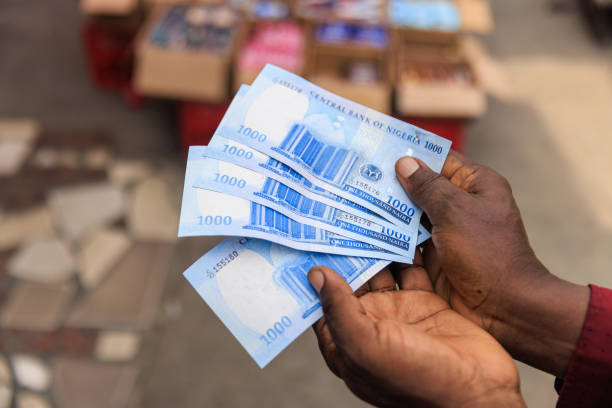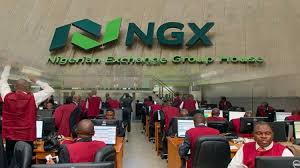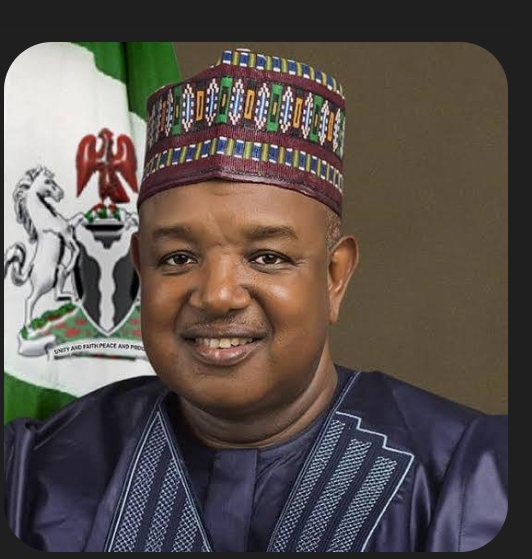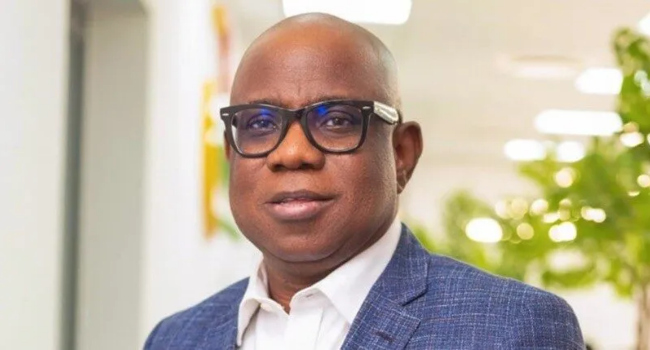It’s a question on every Nigerian’s mind: When will the naira stop bleeding? Month after month, year after year, our currency seems to fall deeper into the pit of devaluation. A few dollars today can buy what thousands of naira cannot. The dream of a strong, stable naira feels more distant than ever.
The answer is not simple, but one thing is clear: the naira’s free fall is a symptom of a deeper illness—our dangerous dependence on the dollar, on imports, and on a narrow economy that has refused to evolve.
For decades, Nigeria has relied heavily on oil exports for its foreign exchange earnings. But the global oil market is unpredictable, and we’ve paid the price for putting all our eggs in one basket. Meanwhile, almost everything—from petrol to pencils—is imported. We send our naira out in exchange for dollars, and the demand keeps growing. Yet the supply stays weak. That imbalance keeps pushing the naira down.
The recent efforts by the Central Bank of Nigeria to unify exchange rates and let the naira float “freely” have only exposed how vulnerable our currency is. The truth is, no policy will fix the naira overnight unless we fix the fundamentals.
First, we need to produce more at home. Nigeria must become a country that makes things, not just one that buys and sells. From agriculture to manufacturing, we must invest in local industries. We need to give Nigerians a reason to trust local goods and reduce our appetite for foreign products.
Second, we need to curb corruption and waste in government spending. Every misused dollar and diverted naira deepens public mistrust and weakens our economic backbone. Transparency and accountability are not just buzzwords—they are economic tools.
Third, let us reduce our obsession with the dollar. Why is the dollar the only measure of value in our markets, businesses, and even weddings? We must learn to respect our own currency, starting with leaders who earn and spend in naira, not in foreign denominations.
Finally, we must rebuild national confidence. A strong currency reflects a strong nation. Our people must believe in Nigeria again—not just with words, but with policies that protect the poor, grow the middle class, and offer a future for the next generation.
The bleeding of the naira won’t stop with prayer alone. It will stop when we do the hard work of rethinking our economy, rebuilding our industries, and reclaiming our dignity. The path forward won’t be easy, but it is necessary.
Enough is enough. Let’s stop the bleeding—and start the healing.





